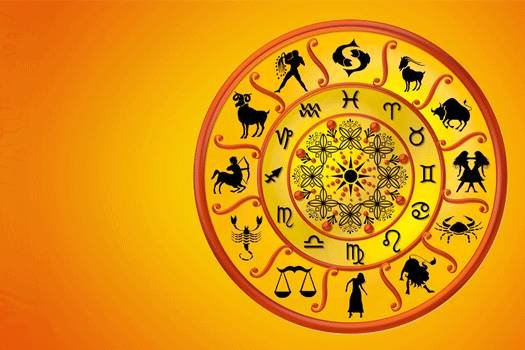Understanding the basic principles of Jyotish and how it differs from Western astrology can provide valuable context for those seeking guidance on love-related matters. This article explores the foundational concepts of Jyotish and contrasts them with Western astrology, highlighting their distinct approaches and applications.

How Jyotish Differs from Western Astrology
1. Historical and Cultural Context
- Jyotish: Originates from ancient India and is closely tied to Hindu philosophy and spiritual practices. It emphasizes the influence of cosmic energies and is integrated with various aspects of Indian spirituality and ritualistic practices.
- Western Astrology: Developed in ancient Greece and Rome, Western astrology is rooted in Greco-Roman traditions and focuses on the influence of celestial bodies based on the zodiac signs. It is more commonly associated with psychological and personality insights.
2. Zodiac Systems
- Jyotish: Uses the Sidereal Zodiac, which is based on the actual positions of the stars and constellations. The Sidereal Zodiac accounts for the precession of the equinoxes, which means it aligns with the fixed positions of celestial bodies.
- Western Astrology: Employs the Tropical Zodiac, which is based on the changing seasons and equinoxes. The Tropical Zodiac is aligned with the Earth’s seasons rather than the fixed positions of stars.
3. Astrological Focus
- Jyotish: Focuses on the overall cosmic influences on an individual’s life and includes a strong emphasis on karma, spiritual growth, and remedial measures. It often incorporates aspects of spirituality and religious practices.
- Western Astrology: Primarily focuses on personality traits, psychological insights, and forecasting based on the position of planets in relation to the zodiac signs. It emphasizes personal growth and self-awareness.
4. Planetary Influences
- Jyotish: Considers nine major planets (Navagrahas) and their influences, including two shadow planets, Rahu and Ketu, which are not present in Western astrology. The interpretation of planetary aspects is deeply integrated with Vedic philosophy.
- Western Astrology: Focuses on the traditional seven classical planets (Sun, Moon, Mercury, Venus, Mars, Jupiter, and Saturn) and their aspects. It often excludes the influence of the two shadow planets.
5. Remedial Measures
- Jyotish: Recommends specific remedies such as wearing gemstones, performing rituals, and reciting mantras to mitigate negative planetary influences and enhance positive outcomes in life.
- Western Astrology: Typically does not prescribe physical remedies but may suggest psychological or lifestyle changes based on astrological insights.